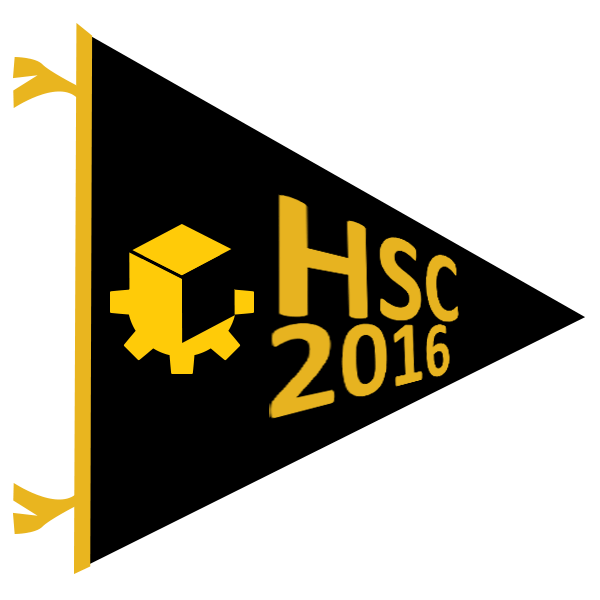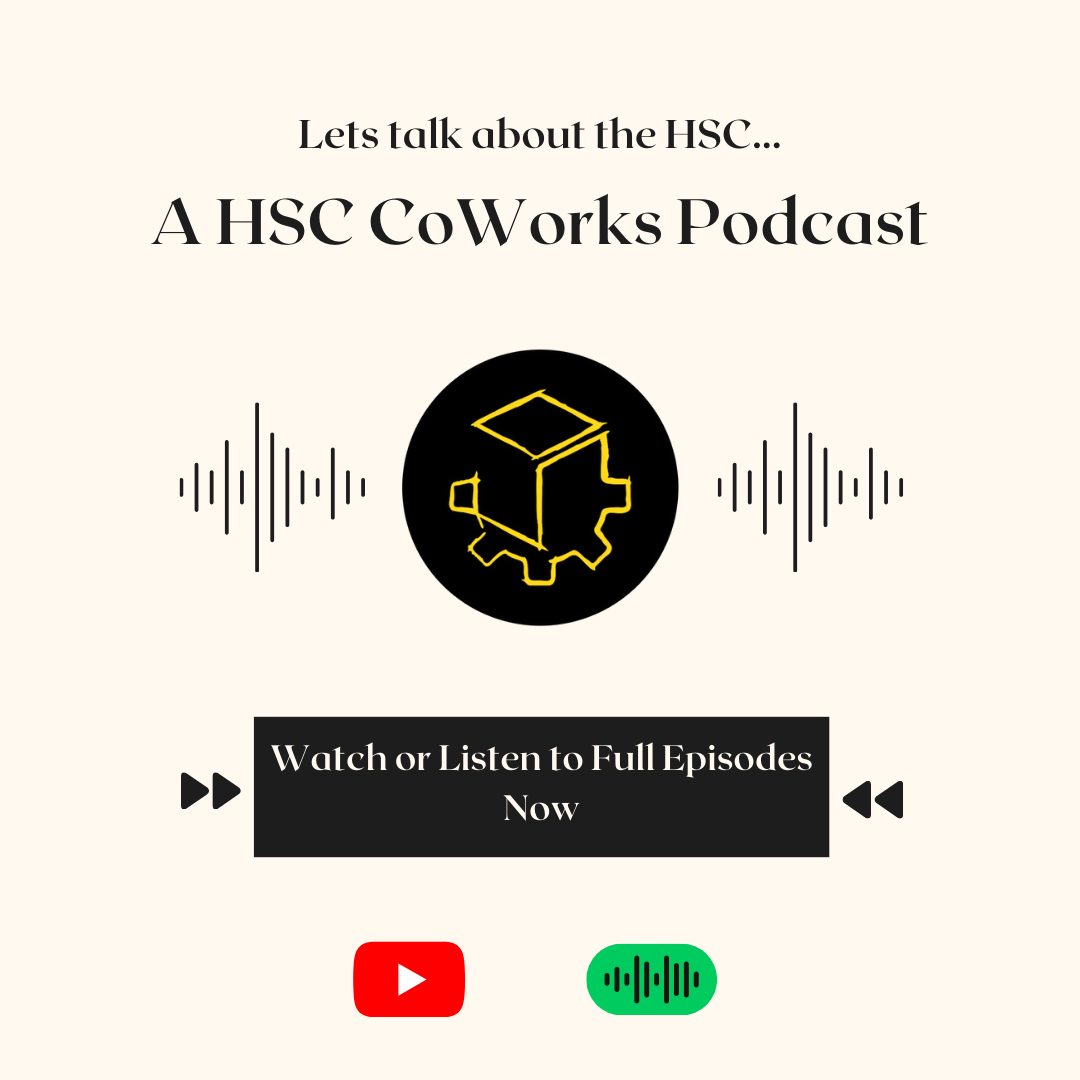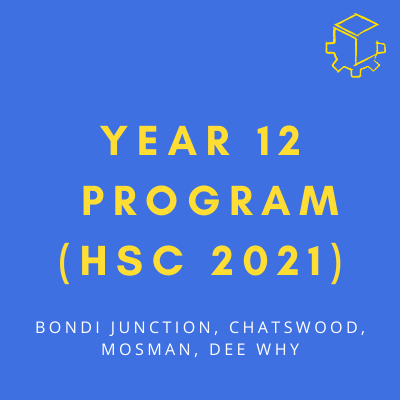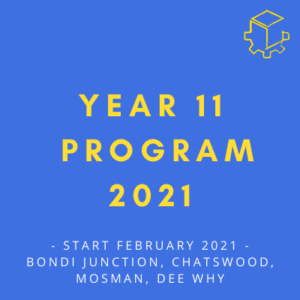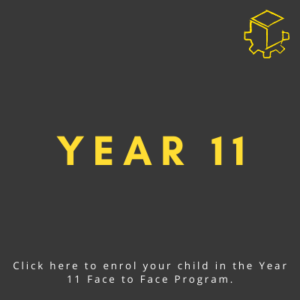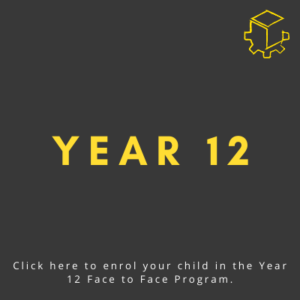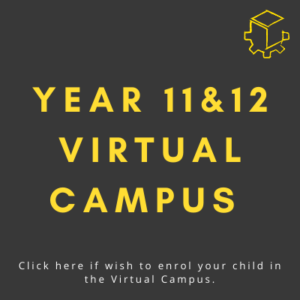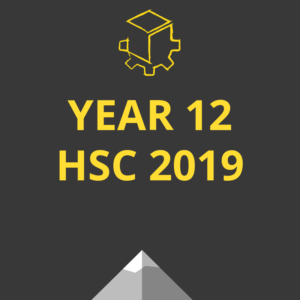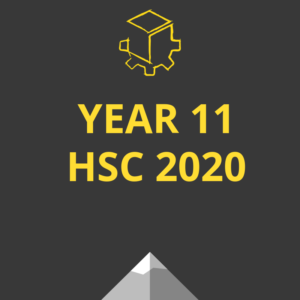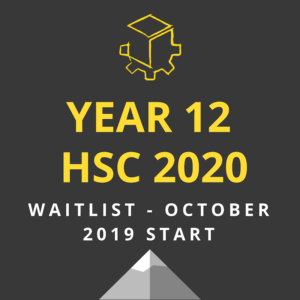Choosing a related text for any English module can often be an arduous task having to delineate between text types, concepts and how they complement your set text. This is none so more true than for your AOS: Discovery where the broad scope and range of the topic can often overwhelm students with choices and provide an easy distraction from doing other more stretch and challenge tasks.
So here are a few tips to help you find and evaluate the right related text.
Where to start?
This is often the most difficult part in the process of searching for a good related text and can take a bit of time if you don’t go into the process systematically. So before launching into selecting a text; always have a firm idea of what concepts regarding Discovery you’re looking for and what text types you think you’d want to analyse. Following from that, common resources include the lesson on related texts in the HSC CoWorks website with numerous ideas about related texts, the coaches, talking to your teachers, looking at texts you’ve explored in the past during your junior high school years and online in short-story/poetry websites. Once you’ve selected a viable RT, try and see if it satisfies a few of the following tips.
It’s all about sophistication.
I had a lot of trouble when I was in Year 11 with choosing related texts that were complex enough to relate back to my module. What I don’t mean by complex is to choose texts completely left of field or forcibly going through difficult texts but rather to ensure that all the concepts explored by the text are in depth enough. For example, it may be wiser to choose a text which demonstrates, as a central theme, that discovery is rooted within one’s past and only by coming to terms with that can we move on, than one which merely has discovery of a hidden talent as an element of a plot.
Linking it back to your set text.
All related texts are chosen because they are ‘related’, designed to complement the arguments made in the set text to provide a holistic overview of discovery. What this means is that once you’ve selected a suitable RT, try to analyse it quickly to see whether it explores atleast 2 concepts that may either support or contrast (both are effective means of showing an understanding of the AOS) what is being said in your set text. For example, if your ST argues that discovery is an inherent component of the human ethos, a good RT might suggest that it is also the protagonist’s circumstances and physical journey that complements this to reach that point of realisation.
Don’t be afraid of different text types.
While traditional textual forms such as films, short stories and poetry are often the norm, always be willing to think outside the box with speeches, cartoons, songs, non-fiction articles or even artworks which you believe convey the point. However with those latter options, ensure that there are enough technical, conceptual and literary frameworks within them to support your set text and that you use techniques which are specific to each one. For example with a cartoon, use of visual techniques such as vectoring or composition will demonstrate your sophisticated understanding of the text. Furthermore, try to choose a related of a different text type from your set text as this will demonstrate to the marker your better understanding of English as a whole.
Always have a back up.
Whilst it is highly unlikely that Paper 1 will specify you write with two related texts, for the sake of multiple school assessments or even for covering more concepts around discovery, it can often be useful to have a secondary related text which you can swap in depending on the question. Furthermore, don’t be afraid to sometimes share related texts across modules (e.g. Mod C) so long as it pertains to both as this can help to reduce the time spent looking for a new text.
Overall, these are just general tips to help you out on your journey towards the top of Mount HSC and there are a plethora of other strategies you could use to finding that ideal related text for discovery. Don’t forget that the staff and coaches here will always be on hand to support you throughout this process and the HSC year.
All the best over this coming year!
Edward Chang, Coach

